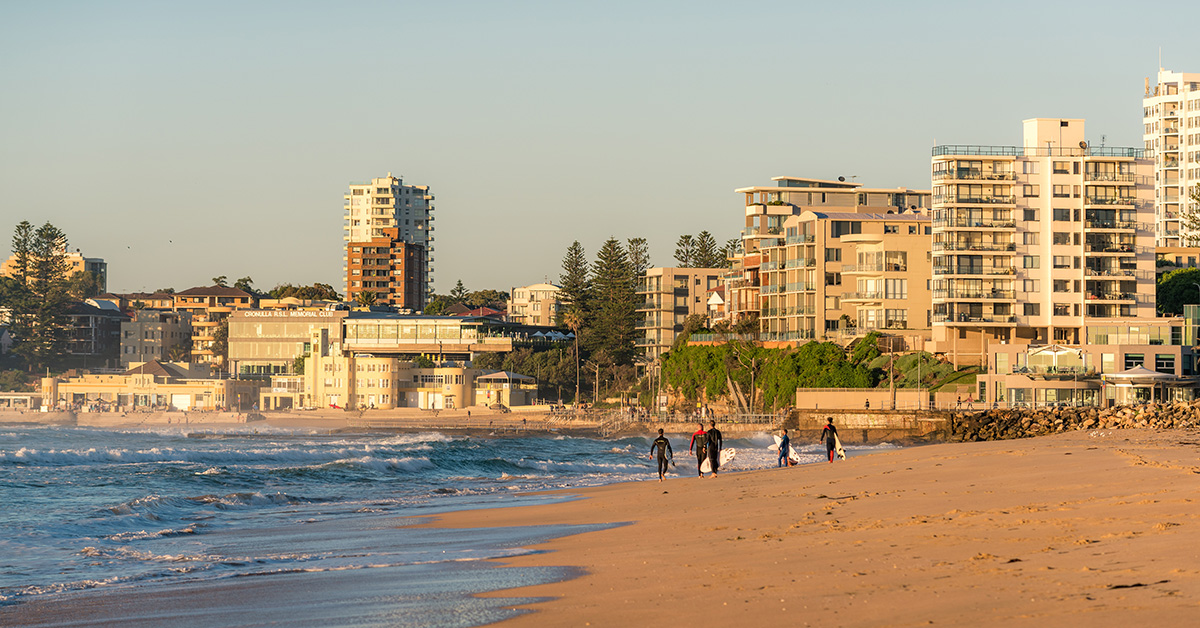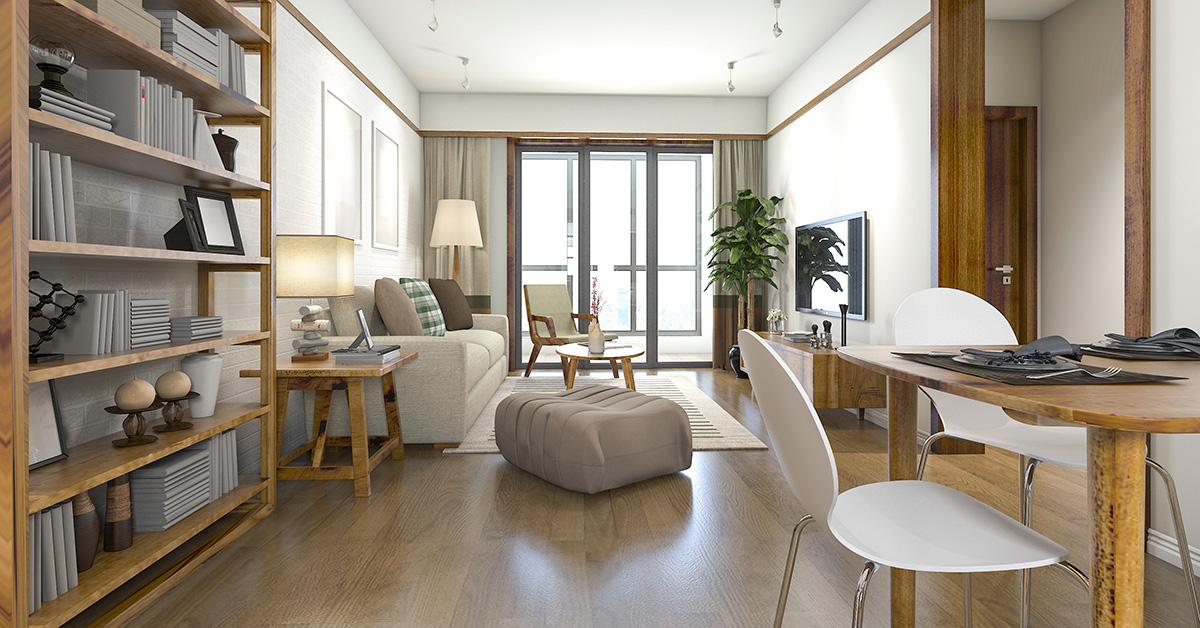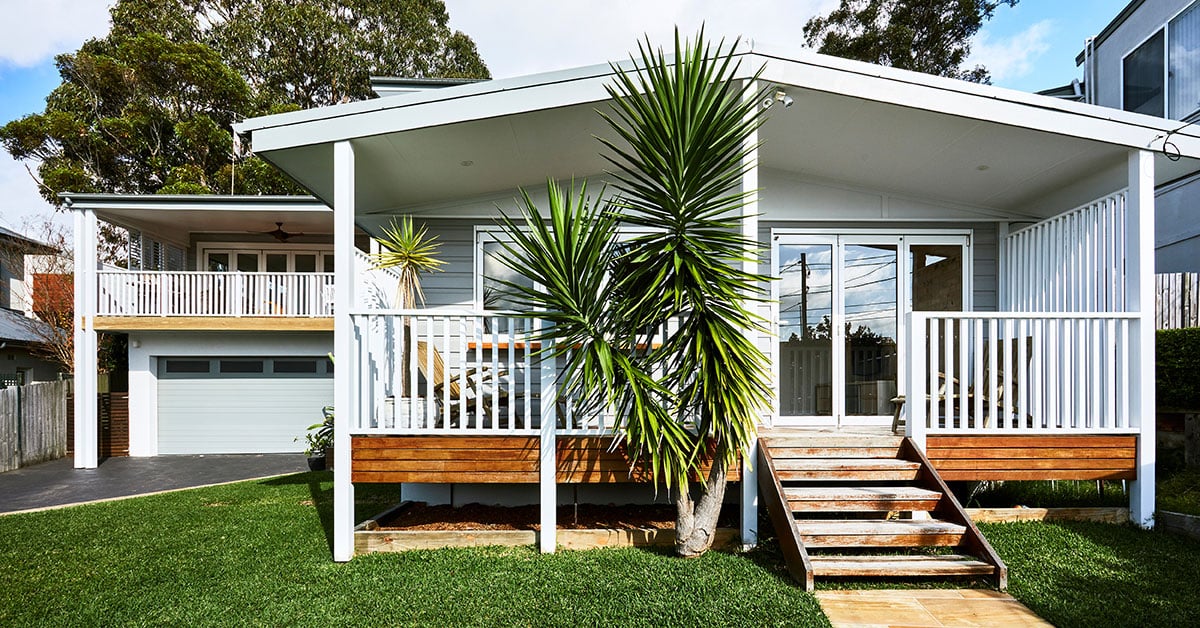Where to Research to Find the Best Property for You
There are many ways to find out what the property market is doing - here's some advice on where to look to find it.
Where to Start Your Research
- There are many ways to find out what the property market is doing as well as the impact of what current market conditions may have on your purchase. So before hitting the Saturday open house trail it is best do some prior research. This will save you a lot of time and money in the process.
- Over the past decade, the internet has transformed the way we search for property. There are many excellent real estate sites with sophisticated search engines, as well as comprehensive facts and figures
- Websites like www.domain.com.au, www.realestate.com.au and agent sites like www.ljhooker.com are another good place to find out what is for sale in your neighbourhood. These sites also provide commentary and articles relating to current market conditions. By entering your details and buying criteria you are able to receive the latest listings in your In Box as soon as they hit the market.
- The weekend paper’s property lift out as well as your local community paper will also advertise current properties on the market, as well as up to date market information, like auction results.
- Australian Property Monitors and RP Data are online providers of property data and information, who are highly reputable and for a small fee will supply you with the same reports agents and banks use to assess property values. Reports worth purchasing are postcode data, street history, auction results and market trends to name just a few. You could check in with your local real estate agent first as they may be willing to provide these reports for you free of charge.
- Check the times and dates of local open homes and up-coming auctions and attend as many as you can. The interest in these properties will help you understand the market conditions and also help you gauge what properties are worth and which are the features that attract the most buyer interest.
- Talk to local real estate agents about property in the areas you are interested in. They should be able to give you a rundown of market conditions and current buyer activity. They are also likely to list your details on their database so if a new property comes on the market you’ll be one of the first to know about it.
Create a Shortlist
- Once you have a list of properties that look promising, it is a good idea to refine this search before setting out in the car on a Saturday. Try to research each property as much as possible. Speak to the sales agent, ask them what the property last sold for and to describe the property’s strengths and weaknesses (although they may be reluctant to share too many weaknesses).
- It is also important that you research the immediate area in which the property is located. Where you buy can often have a greater effect on price than what and when you buy. Consider lifestyle attractions on offer such as parks, beaches and other outdoor recreational spaces. Also amenities and daily conveniences like schools, public transport and shopping centres. Proximity to these places can have a significant impact on the price of a property and what you can potentially sell it for in the future.
- Be aware of buying a property under a flight path or on a major arterial road. While there is nothing wrong with buying a home in such a location, just make sure it is priced appropriately. Poor access to a property may also have an impact on price and its resale potential when it comes time for you to sell.
- If you can, try to buy in property hotspots, particularly if it is an investment property you are buying. Hotspots tend to be close to a CBD, beaches, amenities, family-friend neighbourhoods and plenty of infrastructure. Views are another feature that buyers tend to pay a premium for. If you do buy a property with a view, check that it cannot be built out in the future which could greatly affect your resale value.
- Ask other real estate agents that are active in the area what they think of a particular property you are interested in. Most agents will be only too willing to share their advice with you as you may be a potential seller one day so forging a relationship may pay in the future.
- Use our Open for Inspection checklist to assess each property. Click here to download
What if You Have To Compromise?
- This is a reality most of us are faced with at some point in time when it comes to buying a property. Often buying the house of your dreams in your preferred location is not always attainable, meaning you may have to compromise space for location or vice versa.
- If you have undertaken the above research you probably have a good idea by now just how much ‘home’ you can afford in the suburbs you would prefer to live in. If you cannot afford the home of your dreams in your desired neighbourhood, then it may be time to readdress your expectations or save some more money. However, saving money takes time and it may be better to settle for something less than perfect as prices will often increase while you wait.
- Staying flexible with your housing criteria is important and is often a great way to climb up the property ladder. We’ve all heard that it is best to buy the worst house in the best street, however if you’re about to start a family or not in a position to renovate then undertaking major renovations may not be the best way to go. List what is most important to you now and in the future. Consider the following features to help you prioritise:
1. Convenience – do you need to be close to your workplace or would you be willing to spend longer commuting to work if you could live near the beach?
2. Proximity to amenities – is being close to schools, childcare, public transport and shopping centres a priority? Would you like to be able to walk to restaurants and cafes?
3. Land and house size – usually the closer you are to the CBD the more expensive land is and the harder it is to come by. The same goes for house size with the suburbs usually offering more house for your money.
4. Maintenance – are you downsizing or do you travel a lot? Perhaps an apartment or townhouse, which requires minimal upkeep is more suited to your lifestyle?
5. Renovations – are you hoping to capitalise on the future potential a property can offer? Perhaps by buying a smaller house with the scope to expand the accommodation, you may be able to afford to live in your dream location?
DISCLAIMER - The information provided is for guidance and informational purposes only and does not replace independent business, legal and financial advice which we strongly recommend. Whilst the information is considered true and correct at the date of publication, changes in circumstances after the time of publication may impact the accuracy of the information provided. LJ Hooker will not accept responsibility or liability for any reliance on the blog information, including but not limited to, the accuracy, currency or completeness of any information or links.
Share



